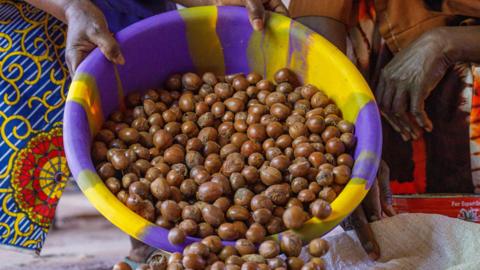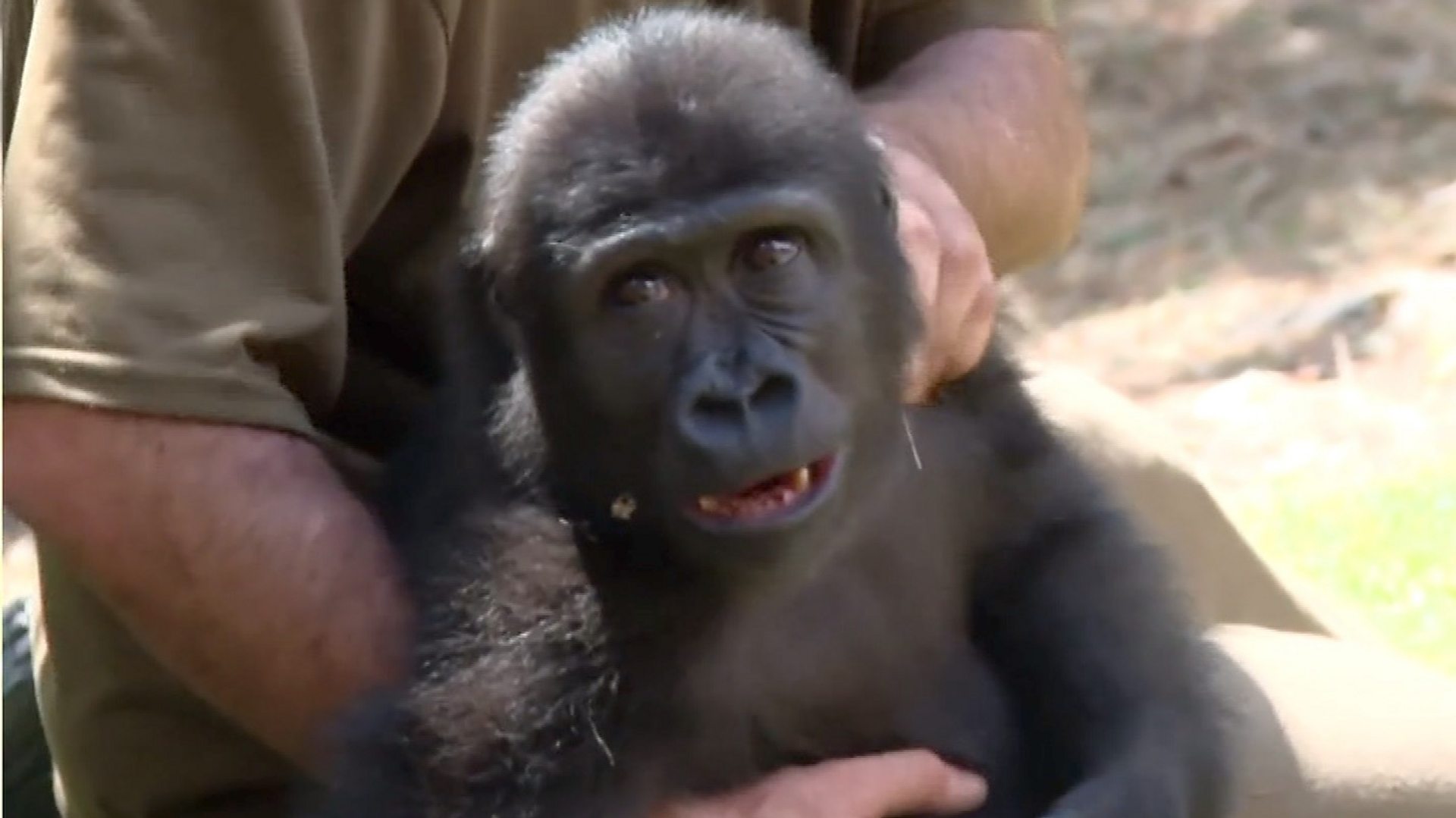In a startling revelation, a recent investigation by BBC Eye has uncovered that Aveo Pharmaceuticals, an Indian pharma company based in Mumbai, is illegally producing and exporting highly addictive opioids to West Africa. These unlicensed drugs, including a dangerous combination of tapentadol and carisoprodol, are fueling a major public health crisis across countries such as Ghana, Nigeria, and Côte d'Ivoire.
Known by names like Tafrodol, these opioids can cause severe respiratory issues and even death from overdose. Yet, their low prices make them appealing as street drugs in West Africa. The investigation tracked these drugs back to Aveo's factory, where undercover footage revealed one of the firm’s directors casually acknowledging to a buyer that the drugs get users "high," even admitting that their harmful effects are undeniable.
In response to rising addiction rates, local leaders in Ghana, such as chief Alhassan Maham, have organized task forces to tackle the issue, leading raids against drug dealers and removing these substances from communities. Unfortunately, the problem extends beyond Ghana, with reports of similar drugs flooding Nigerian markets.
Despite attempts by Nigerian authorities to crack down on the sale of opioid medications, Aveo Pharmaceuticals has shifted its focus from other opioids to this new, lethal combination in a bid to evade regulations. Experts warn that this new tapentadol-carisoprodol mix can lead to severe withdrawal symptoms and increases the risk of overdose.
The Indian drug regulator has stated it is committed to ensuring responsible pharmaceutical practices; however, the uncontrolled export of such harmful drugs sheds light on a significant breach of international public health standards. As communities in West Africa continue to struggle with the consequences of this widespread addiction, the business model of companies like Aveo appears to prioritize profit over human life.
In an alarming conclusion, the investigation underscores that while local communities are burning illegal opioids to send a message to drug suppliers, the production of such pills continues thousands of miles away in India, driven by the profits of addiction and despair.
Known by names like Tafrodol, these opioids can cause severe respiratory issues and even death from overdose. Yet, their low prices make them appealing as street drugs in West Africa. The investigation tracked these drugs back to Aveo's factory, where undercover footage revealed one of the firm’s directors casually acknowledging to a buyer that the drugs get users "high," even admitting that their harmful effects are undeniable.
In response to rising addiction rates, local leaders in Ghana, such as chief Alhassan Maham, have organized task forces to tackle the issue, leading raids against drug dealers and removing these substances from communities. Unfortunately, the problem extends beyond Ghana, with reports of similar drugs flooding Nigerian markets.
Despite attempts by Nigerian authorities to crack down on the sale of opioid medications, Aveo Pharmaceuticals has shifted its focus from other opioids to this new, lethal combination in a bid to evade regulations. Experts warn that this new tapentadol-carisoprodol mix can lead to severe withdrawal symptoms and increases the risk of overdose.
The Indian drug regulator has stated it is committed to ensuring responsible pharmaceutical practices; however, the uncontrolled export of such harmful drugs sheds light on a significant breach of international public health standards. As communities in West Africa continue to struggle with the consequences of this widespread addiction, the business model of companies like Aveo appears to prioritize profit over human life.
In an alarming conclusion, the investigation underscores that while local communities are burning illegal opioids to send a message to drug suppliers, the production of such pills continues thousands of miles away in India, driven by the profits of addiction and despair.






















